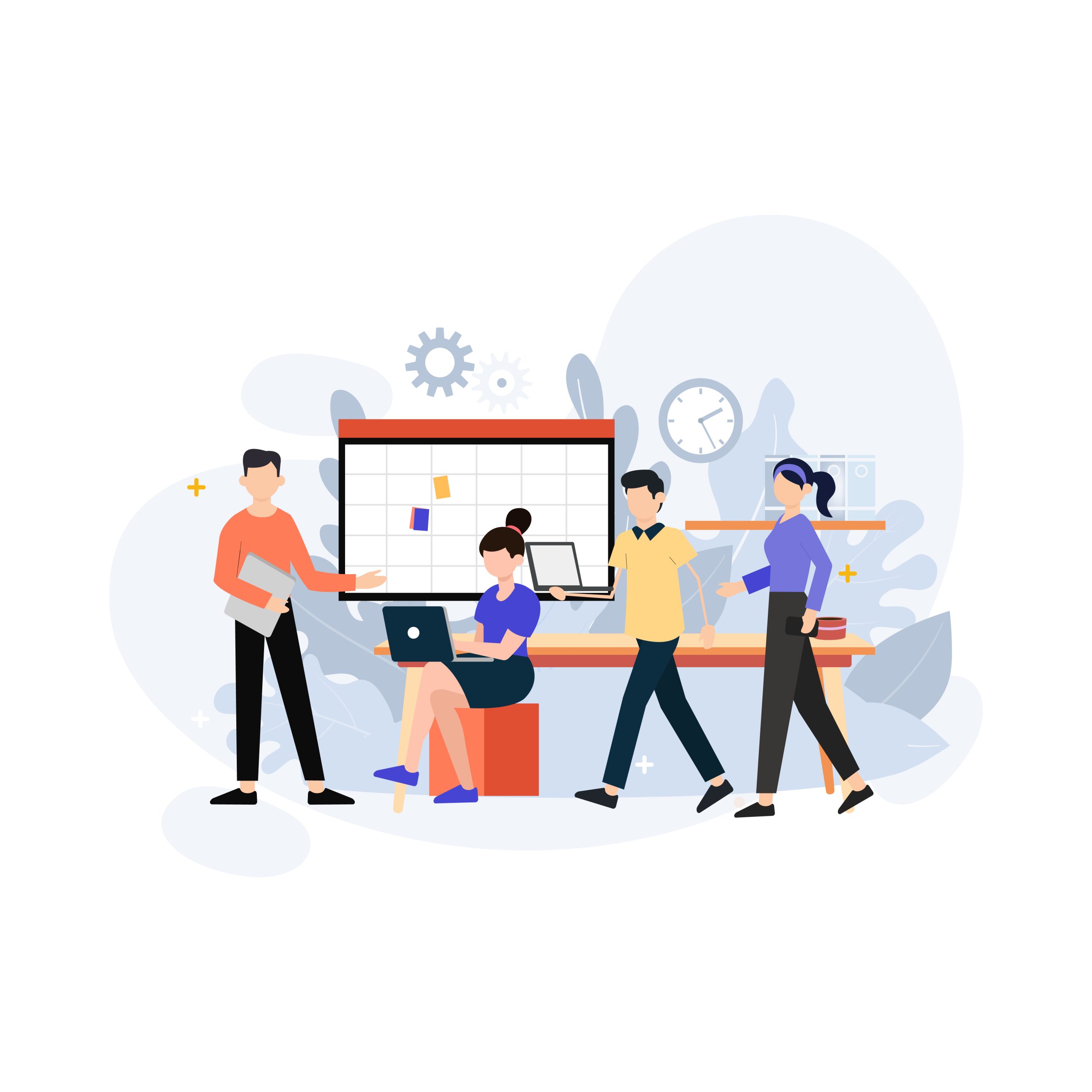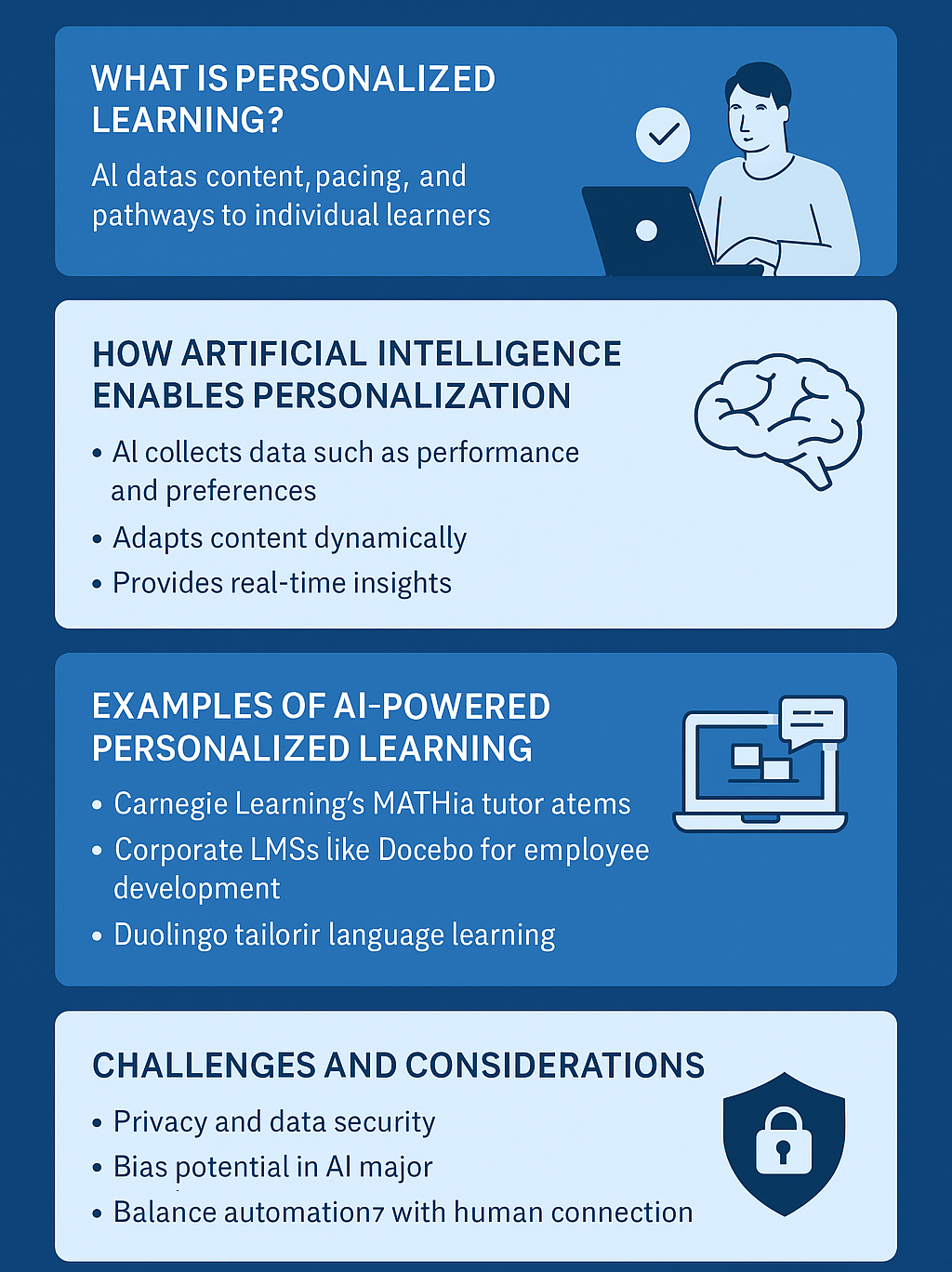The eLearning landscape is evolving faster than ever, and 2025 promises to bring transformative trends that redefine how we create, deliver, and experience education. As professionals and organizations embrace these innovations, staying ahead of the curve is essential for success. Here’s what’s on the horizon for eLearning in 2025:
- Artificial Intelligence-Powered Learning: AI is no longer a futuristic concept—it’s a key driver of personalized learning experiences. In 2025, expect AI to fine-tune course recommendations, provide real-time feedback, and adapt content to individual learner needs. Educators will play a crucial role in guiding these AI-driven experiences, making them more personalized and effective than ever before.
- Microlearning on Steroids: Bite-sized, focused learning modules have gained popularity, and this trend will only grow. Microlearning meets the demand for flexibility and on-the-go education, especially for busy professionals. Think 5-minute lessons that pack a punch and are accessible from any device, making learning fit seamlessly into your busy schedule.
- Immersive Technologies: VR, AR, and Beyond: Virtual Reality (VR) and Augmented Reality (AR) will make learning more engaging and interactive. Whether it’s a simulated crime scene for law enforcement training or a virtual lab for medical students, immersive tech creates experiences as close to reality as possible.
- Gamification 2.0: Gamification is evolving from simple points and badges to rich, narrative-driven experiences. In 2025, expect learning platforms to incorporate gamified elements that deeply engage users, driving motivation and retention.
- Social Learning and Collaborative Platforms: Learning doesn’t happen in isolation. The rise of community-based learning platforms emphasizes peer-to-peer interaction, collaborative problem-solving, and real-time discussions. These platforms integrate social media elements for a seamless learning experience, fostering a sense of community among educators and learners alike.
- Learning Analytics and Data-Driven Decisions: eLearning platforms are becoming more intelligent, leveraging data to measure learner progress, engagement, and performance. In 2025, actionable insights from learning analytics will guide course design and optimize learning paths like never before.
- Sustainability in eLearning: Sustainable practices in eLearning will take center stage. From using energy-efficient platforms to promoting inclusive education, 2025 will prioritize environmentally friendly and socially responsible learning solutions.
- Mobile-First Learning Experiences: With mobile device usage soaring, eLearning in 2025 will focus on mobile-first design. Seamless, user-friendly interfaces will dominate, ensuring learners can access courses anytime, anywhere.
- Focus on Soft Skills and Emotional Intelligence: As technology automates tasks, soft skills like communication, empathy, and leadership become critical. eLearning will focus on building these skills through interactive scenarios and real-world simulations.
- Integration of AI and Human-Centered Design: The balance between AI-driven efficiency and human-centered design will define successful eLearning strategies. Tools will focus on both automation and learners’ emotional and cognitive needs.
To thrive in 2025, organizations must embrace these trends and integrate them into their learning strategies. Whether you’re a professional, instructional designer, or educator, now is the time to innovate, adapt, and lead the way in eLearning. What trends are you most excited about? Let’s discuss how these innovations will shape the future of learning!
Learn more at The Space of Agnes Elisa. Also, follow me on all social media as The Space of Agnes Elisa.
#eLearningTrends2025 #FutureOfLearning #DigitalEducation #EdTech #HumanCenteredDesign #AIEducation #LearnerFocus #SoftSkillsTraining #FutureOfWork #EmotionalIntelligence #MobileLearning #LearningOnTheGo #DigitalTransformation #SustainableLearning #InclusiveEducation #EdTechForGood #LearningAnalytics #EdTechTrends #DataDrivenLearning #SocialLearning #CollaborativeLearning #PeerToPeerEducation #GamificationInLearning #EngagingLearners #LearningWithGame #Microlearning #OnTheGoEducation #DigitalLearning #AIInLearning #PersonalizedLearning #EdTechInnovation #TheSpaceofAgnesElisa






